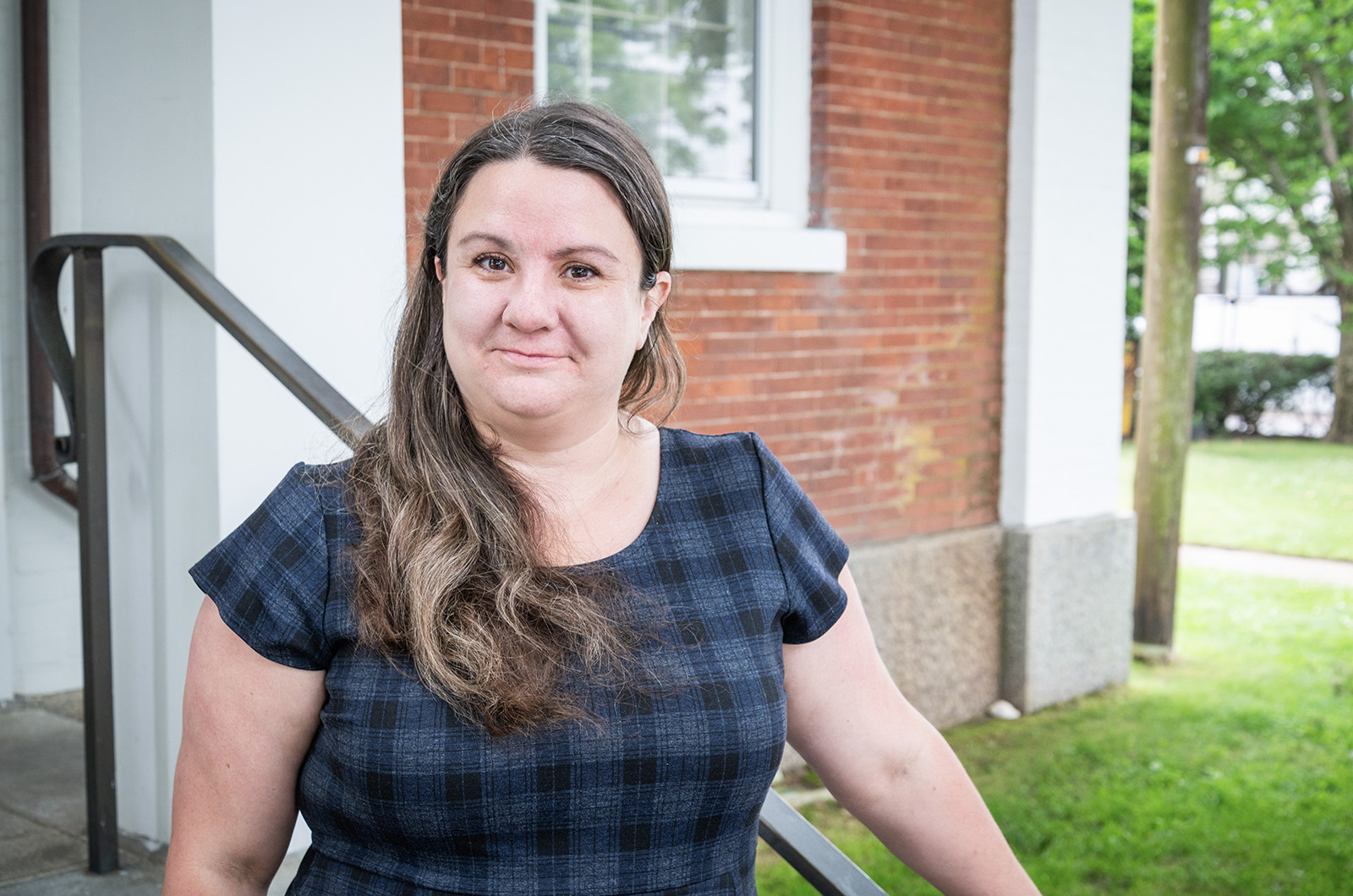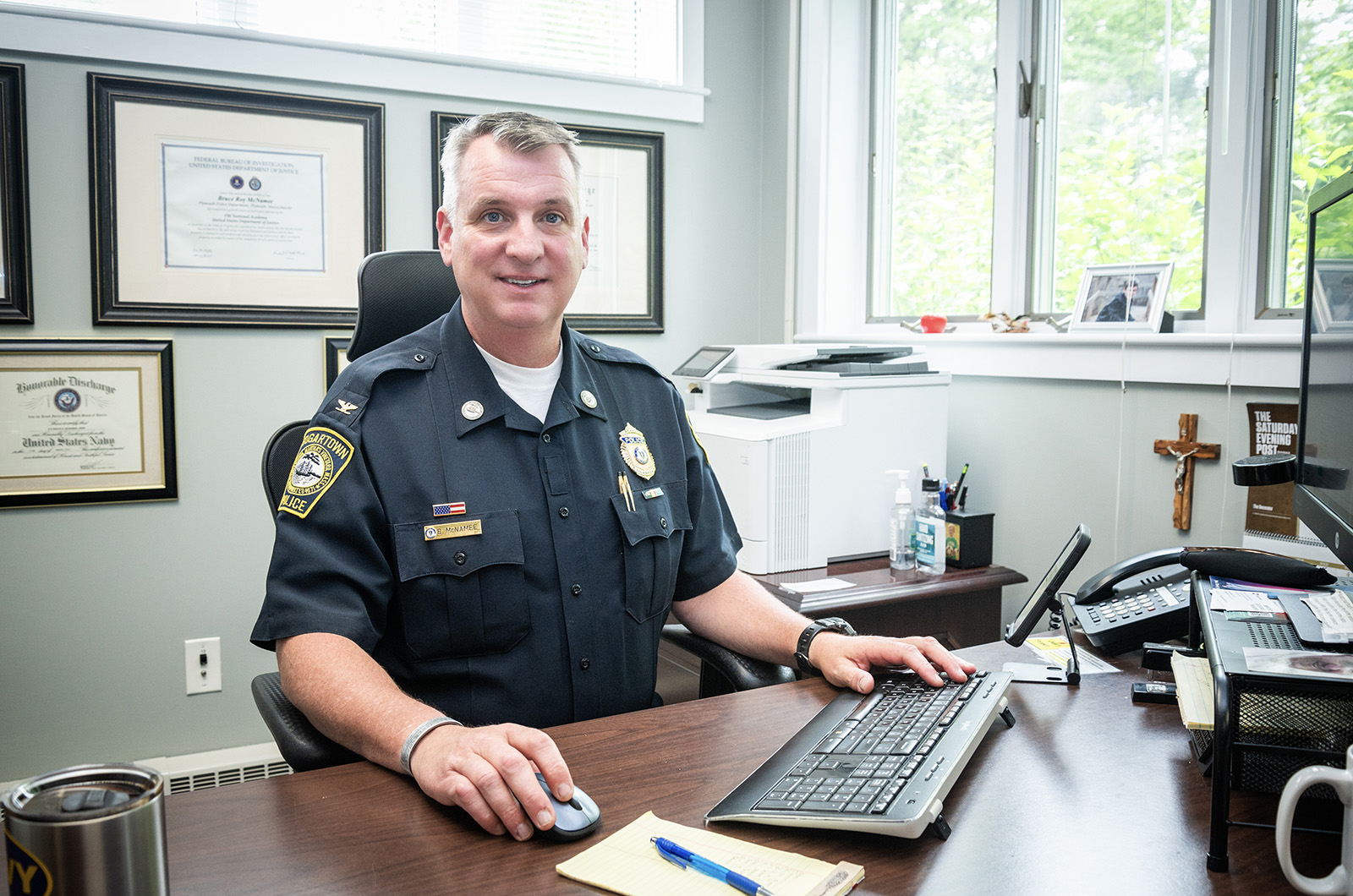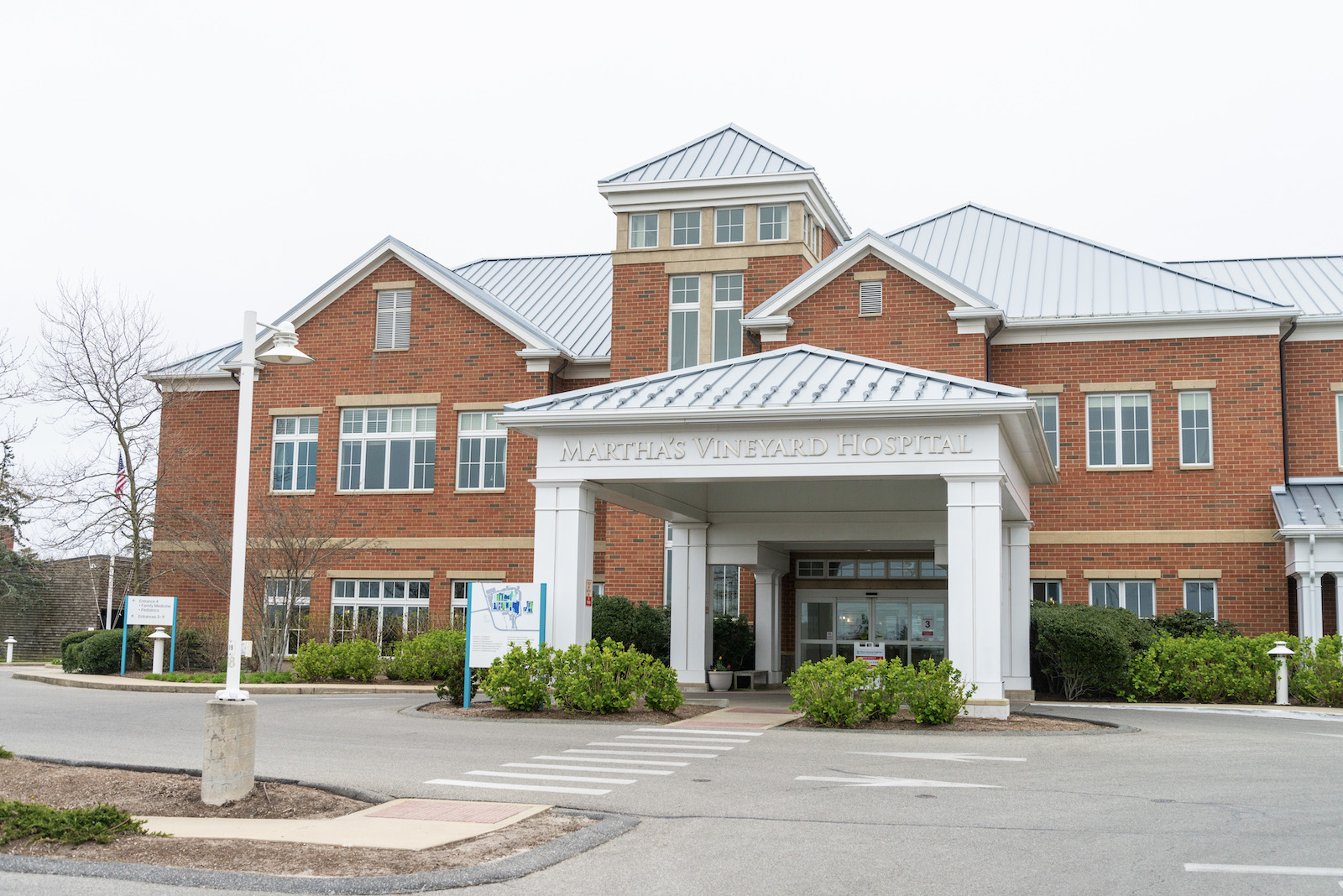In the thick of the Covid pandemic, mental health services on Martha’s Vineyard were strained in the face of surging need.
Counseling staff shrank, taxing the remaining counselors. Wait lists at Martha’s Vineyard Community Services grew to more than 130 people at a time — resulting in months-long waits for help — and Martha’s Vineyard Hospital had some patients waiting more than a week for placement off-Island.
Four years later, Island providers say they are building back, adding new services and on the cusp of rolling out new programs that have long been requested by law enforcement. The hospital recently brought in a team of social workers, Community Services has restructured its behavioral health services, and efforts are underway to launch a pilot program where mental health clinicians will respond with Island police officers to mental health crisis calls.
Additional clinical aid has been sought for years to get the Island closer to services found on the mainland, according to police officers and other officials in the criminal justice system.
“The best practice for the last five-plus years has been involving a clinician,” said Edgartown police chief Bruce McNamee. “It’s well past being a novelty in the profession.”
Four police officers, the Island’s sheriff and two defense attorneys all told the Gazette that the current mental health care on the Island is showing cracks, with people in crisis often entering the legal system. Casey Dobel, an attorney and bar advocate, has seen plenty of mental health related cases play out in Edgartown District Court, which, to her, isn’t the best place to handle people in crisis.
“It’s sad that someone who is having a true mental health crisis is being put in a locked cell at the jail,” she said. “It’s not going to help anybody’s crisis.”
The co-responder model being explored by Community Services would train clinicians to respond to calls with police and offer mental health services in real time. The model is used throughout Massachusetts and the country, including in several towns on the Cape.
Community Services CEO Beth Folcarelli said her organization received a $50,000 grant from the Blue Cross Blue Shield Foundation to run a pilot co-responder program and she hopes to roll one out with police later this year. If all goes according to plan, that could start after summer and be a training ground for a new mobile crisis intervention program also run by Community Services.
The new program would involve clinicians going directly into the field without police to help in emergencies. That program could be up and running in 2025. Mobile crisis intervention is already in use throughout the country, but has been hard to set up on the Island because counselors are not used to that type of work alone, according to Ms. Folcarelli.
“It’s a much more comfortable setting when you’re there, side-by-side with law enforcement related to safety concerns,” Ms. Folcarelli said. “We feel like we can get our clinicians more comfortable and trained up in that model first and then roll out the mobile crisis intervention later.”
Oak Bluffs police chief Jonathan Searle has been working to get more co-responders to the Vineyard, and is filing for a grant from the state to support the idea past the pilot program. He imagines clinicians would ride along with officers in all six towns, responding to calls when needed. Having them immediately on scene, after it’s determined to be safe, could help de-escalate tense situations, as well as start the process of learning about what each patient is going through.
To some, the need has been clear on the Island, where there is no long-term, inpatient mental health facility. Cass Luskin, a local public defender who previously worked in Louisiana and New York, was surprised by the amount of mental health cases that were dealt with in the criminal court system.
“Doing this sort of work on Martha’s Vineyard, it feels a lot more like Louisiana than New York in terms of options for people,” he said.
In 2022, there were about 1,500 calls to Island police explicitly about mental health, though police expected there were many more cases where mental health was an underlying issue.
West Tisbury police Chief Matt Mincone hoped to see more resources for people struggling with mental illness, who could be better helped by a clinical professional, rather than an officer with a badge.
“We can’t arrest our way out of that problem,” he said. “Arresting people in crisis is not the way to do it.”
Falmouth is one of many municipalities that have started using the co-responder model. For the last six months, clinicians Molly Marshall and Stephanie Daugherty have been going out with officers.
Ms. Daugherty said she is able to provide a mental health perspective on police calls, as well as provide follow-up support to people that police may not have time for. She also makes herself available to families that have loved ones involved in the legal system.
“Often times a call may come in that seems unrelated and once we get there [we] find that there is a need beyond the initial call that can be addressed by a clinician.” Ms. Daugherty said.
On the Vineyard, these programs have proved difficult to get going, partially due to the high cost of living, non-traditional hours of the role and the lack of people in the field on the Island.
“Martha’s Vineyard in every profession, mine included, we are just not attracting new employees,” said Chief Searle. “I think that can be directly attributed to the cost of living here.”
Despite the challenges, the patchwork of organizations and agencies that provide mental health care on the Island say services are starting to grow. Since joining the Mass General Brigham statewide network of hospitals, Martha’s Vineyard Hospital has access to more beds and has been able to more quickly get patients to the help they need off-Island, said Dr. Karen Casper, the head of the Vineyard’s emergency department.
Since the pandemic, the hospital has lowered placement times to usually a day or two.
“The emergency department that I came from, which was in Vermont and not part of the MGB system, when I left, we had a 16-year-old pregnant girl who was in the department because she was suicidal and she had been there for three weeks,” said Ryn Gluckman, the nurse director in the emergency department. “The fact that [Martha’s Vineyard Hospital is] typically moving people within 24 to 48 hours, sometimes 72 hours, it really kind of blows my mind.”
Just a few weeks ago, the hospital installed a new social work team in the hospital, and last year added a crisis team that’s available 24/7.
From 8 a.m. to 4 a.m., five days a week, social workers are embedded in the emergency department, helping people navigate the system, medications, rides and other social factors that can affect their treatment.
Community Services offers individual and group counseling for all ages, as well as for people recovering from substance abuse. It also has recovery coaches and paraprofessional services.
But one past service that has fallen off was lamented by law enforcement.
For years, Community Services provided in-person mental health evaluations at Martha’s Vineyard Hospital for patients that police sought to involuntarily hold due to the danger they posed to themselves or others. Known as a “section 12” hold for its statute number in state law, the hold evaluations are now done virtually by a different provider, in addition to follow ups with families and consultations with physicians.
“That’s a significant dropoff from doing face-to-face mental health evaluations,” said Edgartown police lieut. Chris Dolby.
The section 12 hold process was brought into the limelight earlier this year, when Jared Ravizza, the man who allegedly killed a man and stabbed six people, did not meet the standards to be held involuntarily after he was taken into custody by West Tisbury police in April.
The hospital said it couldn’t speak about certain evaluations for patient confidentiality reasons, and emphasized that these evaluations are snapshots in time.
Ms. Gluckman noted that the holds take more into account than just the virtual evaluations. People being evaluated to potentially be held involuntarily also undergo physical screenings and a medical workup. Families and caregivers are interviewed to learn more about the patient, and the decision has to be signed off on by a physician.
“It’s not quite as simple as just somebody on an iPad interviewing a person remotely and deciding they need to be sectioned,” Ms. Gluckman said. “That’s not really how the process goes.”
Health care providers hoped that the addition of these new programs, as well as other planned expansions in years to come, could help people before they are in crisis, potentially staving off the need for involuntary holds and further criminal prosecutions.
“There’s been some really hopeful and tremendous work done on identifying the mental health needs in the community and rebuilding some of the partnerships that became a little skeletal during the pandemic,” Ms. Gluckman said.
For Lieutenant Dolby in Edgartown, the growth can’t come soon enough.
“The whole goal is to keep them out of the criminal justice system,” he said. “There’s a better model out there and our community deserves better.”










Comments (1)
Comments
Comment policy »